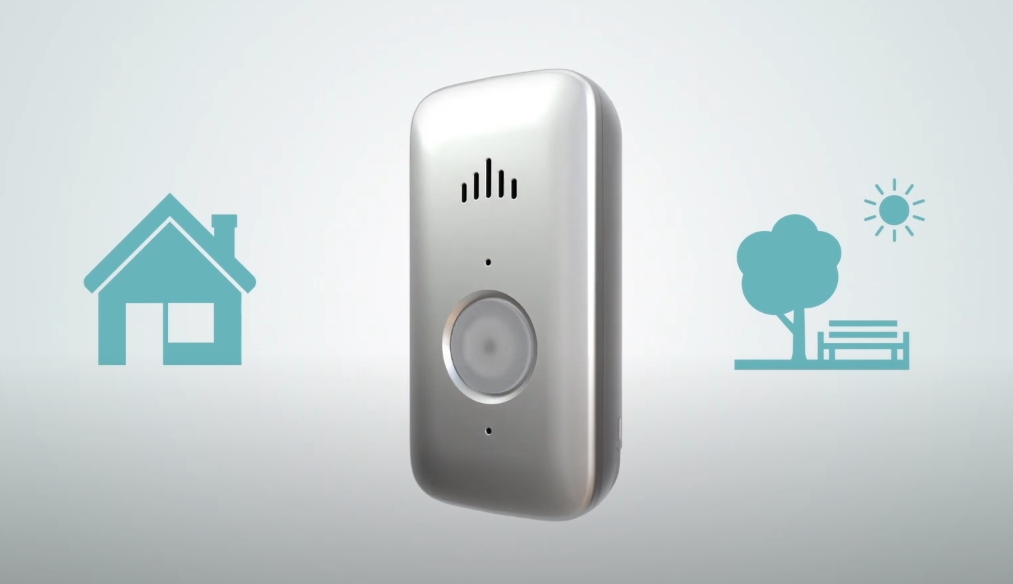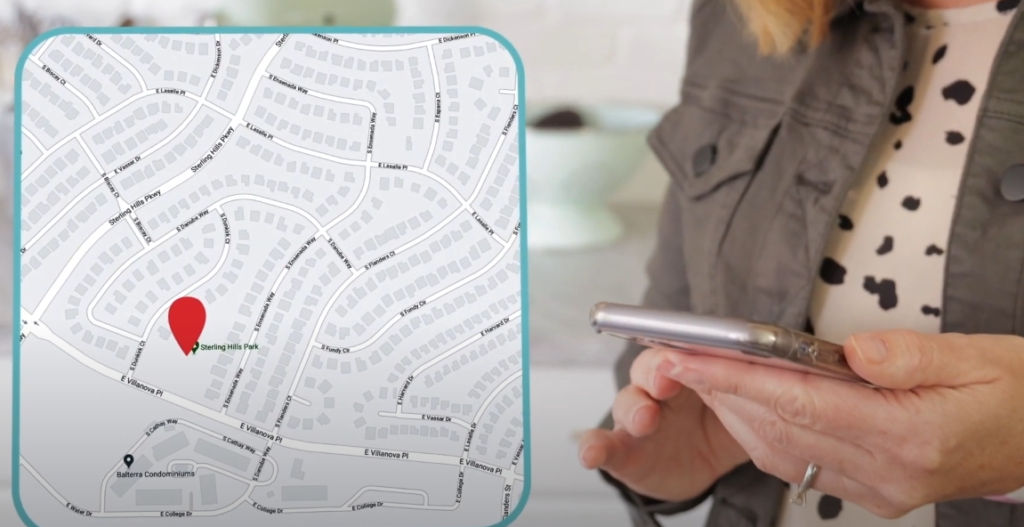Today, we’re going to navigate the world of GPS medical alert systems together. Selecting the right one is incredibly important—it’s not just about buying a device, but investing in the safety and peace of mind of someone you care about.
Understanding Your Needs

Choosing the right GPS medical alert system is like finding the right pair of shoes; it’s all about the perfect fit for individual needs. Here’s what you need to consider:
Assessing the individual’s condition:
Consider the severity of the condition and how often the individual tends to wander. Does the person often get lost even in familiar environments, or is it a rare occurrence? Understanding the condition’s specifics will help pinpoint what features you need in a device.
Evaluating the individual’s lifestyle:
Is the person super active, spending lots of time outdoors, or prefers the comfort of indoors? An outdoorsy individual might benefit from a rugged, water-resistant device, while someone who stays indoors most of the time might not need that level of durability.
Considering the wearer’s preferences:
Just like how some people prefer sneakers over boots, the wearer’s comfort and aesthetic preferences matter. Some might find a wristband more comfortable, while others might prefer a pendant-style device.
Key Features to Consider in a GPS Medical Alert System
Here’s where we get into the nitty-gritty details. Just like choosing a car, different GPS medical alert systems come with different features. Here are some you might want to consider:
Real-time tracking and Geo-fencing:
These are the bread and butter of any GPS medical alert system. Real-time tracking allows you to know the wearer’s location at any time, while geo-fencing sends an alert when the wearer steps out of predefined safe zones.
Fall detection:
This feature can be a lifesaver, literally, if the wearer is prone to falls.
Two-way communication:

It’s like having a mini-phone right on the device, allowing the wearer to call for help directly.
Battery life:
You wouldn’t want the device to run out of juice when you need it most, right? Look for devices with a battery life that fits the wearer’s lifestyle and routine.
Water resistance:
This feature ensures the device can withstand a surprise rain shower or a bath.
Comfort and aesthetics:
Last, but definitely not least, consider how comfortable the device is to wear and how it looks. After all, the wearer will be sporting this gadget daily.
Additional Considerations
Now that we’ve covered the main features, let’s go over some additional factors to keep in mind:
Cost and budget considerations:
Like any investment, you’ll want to consider your budget. But remember, the cheapest option isn’t always the best value.
Reputation of the company:
Consider the company’s track record. Have other customers been satisfied with their products and services?
Quality of customer service:
Good customer service can make a world of difference, especially when you’re dealing with something as important as a medical alert system.
Availability of a 24/7 monitoring service:
Some systems come with a professional monitoring service that can be contacted at the push of a button—giving you an extra layer of security.
Researching and Comparing Systems
Before making your final decision, it’s important to do your homework:
Reading reviews and testimonials:
Reviews can provide real-life insights into the pros and cons of each system.

Considering professional recommendations:
Healthcare professionals often have experience with various systems and can provide valuable advice.
Comparing different systems and their features:
Consider creating a comparison chart to help visualize which system checks all your boxes.
Making the Final Decision
You’ve done the research; now it’s time to make a decision. Let’s think about how to weigh all the information you’ve gathered:
Weighing the pros and cons of each system:
Just like choosing between a beach vacation or a city getaway, every GPS medical alert system has its strengths and weaknesses. Consider what matters most to you and the wearer.
Considering the overall value rather than just the price:
It might be tempting to go for the cheapest option but remember, you’re investing in safety and peace of mind. Sometimes, it’s worth paying a bit more for higher quality or additional features.
Trusting your instincts:
At the end of the day, you know the wearer’s needs and preferences best. If your gut is telling you one system feels like the right fit, it probably is!
Conclusion
Well, there you have it, folks! Choosing the right GPS medical alert system isn’t a small task, but it’s an important one. It’s all about finding that perfect balance of features, cost, and comfort to match the individual’s needs.
Remember, the goal here isn’t just to buy a device—it’s to invest in a tool that can provide safety, independence, and peace of mind for someone you care about. So take your time, do your research, and trust your instincts. Your perfect GPS medical alert system is out there waiting for you!
